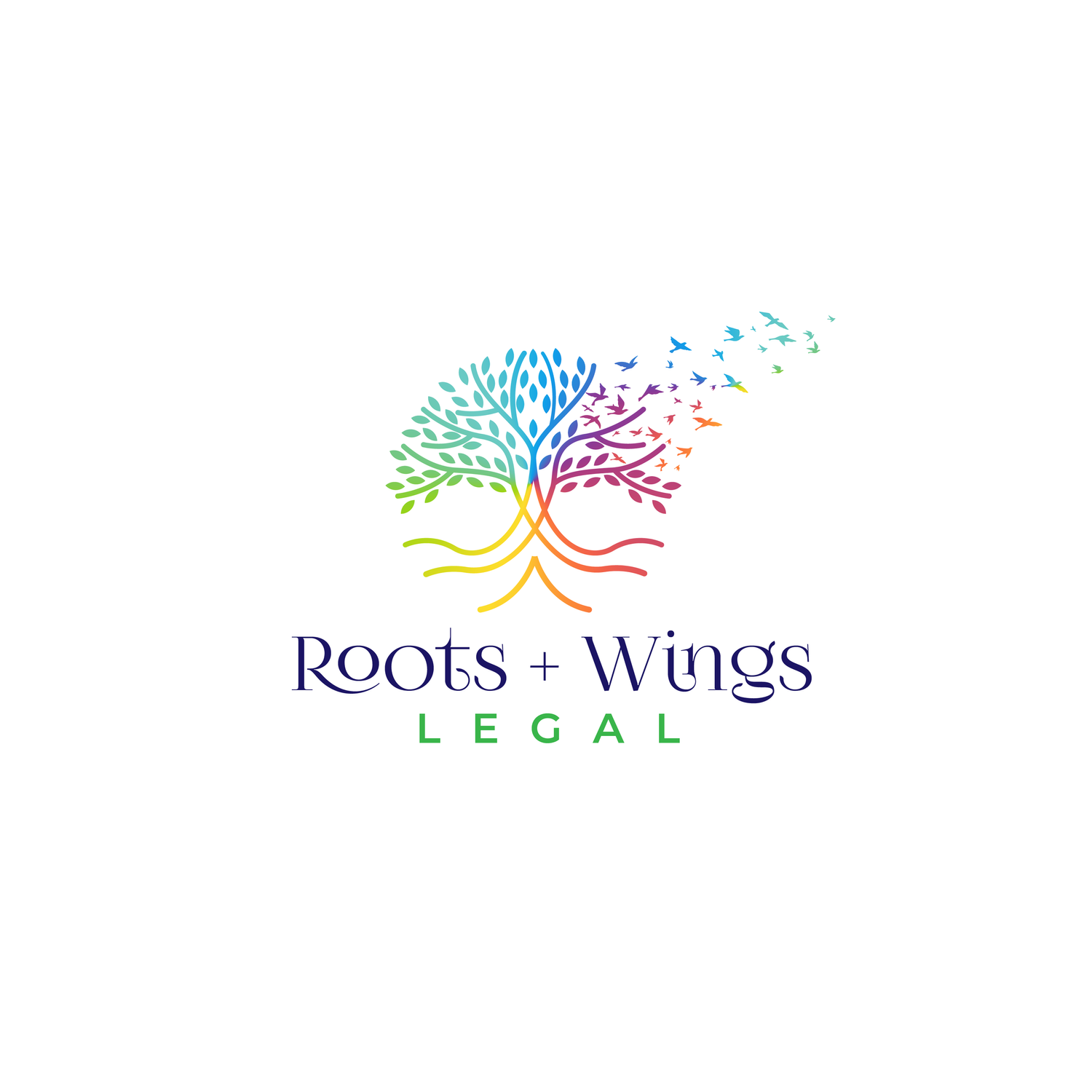Creditors And Your Estate Plan
What Happens To Your Debt When You Die?
What Happens to Debt When You Pass Away?
When someone passes away, you might wonder what happens to their debt. Can it affect their loved ones? Let's break it down.
Dealing with Debt After Death
When an individual dies, someone will handle his or her affairs, and this person is known as an executor. The executor can either be someone of the individual’s choice, if he or she planned in advance, or someone appointed by the court in the absence of planning. The executor opens the probate process, during which the court recognizes any will that’s in place and formally appoints the executor to administer the deceased’s estate and distribute any outstanding assets to their loved ones.
During this process, the estate’s assets are used to pay any outstanding debt. This usually includes all of an individual’s assets, although it does not include assets with beneficiary designations, such as 401(k) plans and insurance policies. The estate does not own these assets, and they pass directly to the named beneficiaries. Given these factors, if an individual’s assets are subject to probate and the person has outstanding debt, their beneficiaries will receive a smaller share of anything left to them in the estate plan.
Handling Unsecured Debts After Death
Usually, unsecured debts like credit card balances are the last to get paid from the deceased person's estate. First, the estate settles secured debts like car and mortgage loans, followed by legal and administrative fees. Afterward, it deals with unsecured debts. If there aren't enough assets, creditors may have to accept the loss.
However, in some states, probate laws might allow creditors to collect in different ways, like selling the deceased's property. Keep in mind, that creditors have a time limit to claim from the estate after the person passes, and this varies by state.
Avoiding Probate Made Simple
To steer clear of probate, consider setting up a revocable living trust. When your assets are held in this trust, they don't need to go through probate.
However, having a living trust doesn't guarantee protection from creditors if you have debt. But it does give your heirs more flexibility. Your trustee can negotiate with creditors to reduce debt, and while creditors could sue for the full amount, it's often costly, so they might opt for a settlement.
When Do Family Pay the Deceased's Debts?
Most of the time, surviving family members don't have to use their own money to pay the deceased's debts. The debts are usually paid from the deceased's estate, or if there's no estate, they are forgiven.
But there are exceptions:
Co-signing loans or cards: If you co-signed a loan or credit card with the deceased, you're responsible for that debt.
Jointly owned property: If you jointly owned property or bank accounts with the deceased, you must settle any related balances.
Community property: In certain states, the surviving spouse must clear debts linked to community property, which is jointly owned by married couples.
State laws: Some states may require family members or the estate to cover healthcare costs and may impose fines on the executor if they didn't follow probate laws.
What To Do When Someone Dies With Debt
When someone dies with outstanding debt, it’s important to take swift action to handle their affairs and negotiate their debts. Below are some steps to follow when faced with this scenario:
01 - Know Your Rights
Since probate laws vary by state, research your state's rules or consider hiring a lawyer. Creditors must make claims within a certain time, and family must announce the death publicly. Creditors can't use unfair tactics; ask for proof of debt.
02 - Collect Documents
Gather important financial papers or request the deceased's credit report. We can help with this.
03 - Cease Additional Spending
To prevent debt from growing, halt spending in the deceased's name, including subscriptions.
04 - Inform Creditors
Contact creditors to negotiate debt, inform credit bureaus, and use death certificates. Close accounts and freeze credit.
05 - Close The Estate
Once all debt is settled, the executor can close the estate. Seek professional support for this step based on your specific situation.
We Can Protect Your Family from Your Debts
Proper estate planning means making sure your debts won't burden your family or lead to legal issues. Talk to us, your Personal Family Lawyer®, for a Family Wealth Planning Session. We'll safeguard your assets and ensure your loved ones receive the gifts you intend. Contact us now to find out more.
This article is a service of Roots + Wings Legal, a Personal Family Lawyer® Firm. We don’t just draft documents; we ensure you make informed and empowered decisions about life and death, for yourself and the people you love. That's why we offer a Family Wealth Planning Session™, during which you will get more financially organized than you’ve ever been before and make all the best choices for the people you love. You can begin by calling our office today to schedule a Family Wealth Planning Session.
The content is sourced from Personal Family Lawyer® for use by Personal Family Lawyer® firms, a source believed to be providing accurate information. This material was created for educational and informational purposes only and is not intended as ERISA, tax, legal, or investment advice. If you are seeking legal advice specific to your needs, such advice services must be obtained on your own separate from this educational material.







